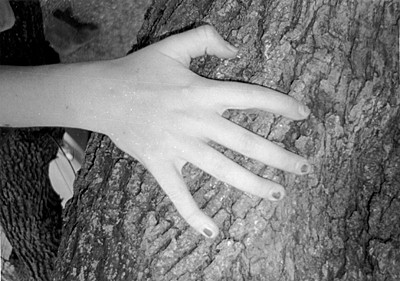All Nonfiction
- Bullying
- Books
- Academic
- Author Interviews
- Celebrity interviews
- College Articles
- College Essays
- Educator of the Year
- Heroes
- Interviews
- Memoir
- Personal Experience
- Sports
- Travel & Culture
All Opinions
- Bullying
- Current Events / Politics
- Discrimination
- Drugs / Alcohol / Smoking
- Entertainment / Celebrities
- Environment
- Love / Relationships
- Movies / Music / TV
- Pop Culture / Trends
- School / College
- Social Issues / Civics
- Spirituality / Religion
- Sports / Hobbies
All Hot Topics
- Bullying
- Community Service
- Environment
- Health
- Letters to the Editor
- Pride & Prejudice
- What Matters
- Back
Summer Guide
- Program Links
- Program Reviews
- Back
College Guide
- College Links
- College Reviews
- College Essays
- College Articles
- Back
The Tale of Narcissus and Echo: Tragic to the End. (Acrostic)
The famous tale
Hunter of Thespiae known for his life, his pride, his death and beauty
Exceptional in all.
The inability to love
Anyone but himself
Lead to his fatal blow, when the nymphs seeked out Nemesis, the
Eternally hateful goddess of revenge.
Oblivious to the curse and
Fury that now rests upon him
Narcissus seeks pray,
Away from civilization near a pond where Echo
Rests. There the nymph
Cries. Punished for helping Zeus get rid of his wife.
I love you. She wants to say.
She weeps, but cannot speak, until another does.
She can only repeat… repeat. Cursed.
Until another speaks…
Speaks….
And so Narcissus hunts
Never hearing never seeking for love
Daring to turn away from love.
End. That is the end of his life when he nears the pond
Creating his infectious reflection. Only ever letting him
Hover above and watch but never touch or embrace or kiss.
Oh, the curse of Nemesis:
Tears roll down the cheeks of these petty lives
Remembering the beauty of both
Another dies
Growing a beauty in its place.
I see lives that do not know of this tale that sprang from
Cruel and hateful revenge.
To this day she lives
Only repeating, repeating other’s lines
The muffled cries of this damsel, never answered, never
Heard, bounce off the walls of a cavern deep away where she sleeps always
Eternally sad and remembering the flora that now lives
Enrooted to her only love’s death place
Narcissus.
Daffodil

Similar Articles
JOIN THE DISCUSSION
This article has 0 comments.

The poem is written in Acrostic form, which means that the title or first line of the poem must cross vertically, Japanese style, down a page and every letter starts or connects a sentence or line to the next.
Fun Fact- Greek: ákros "top"; stíchos "verse"